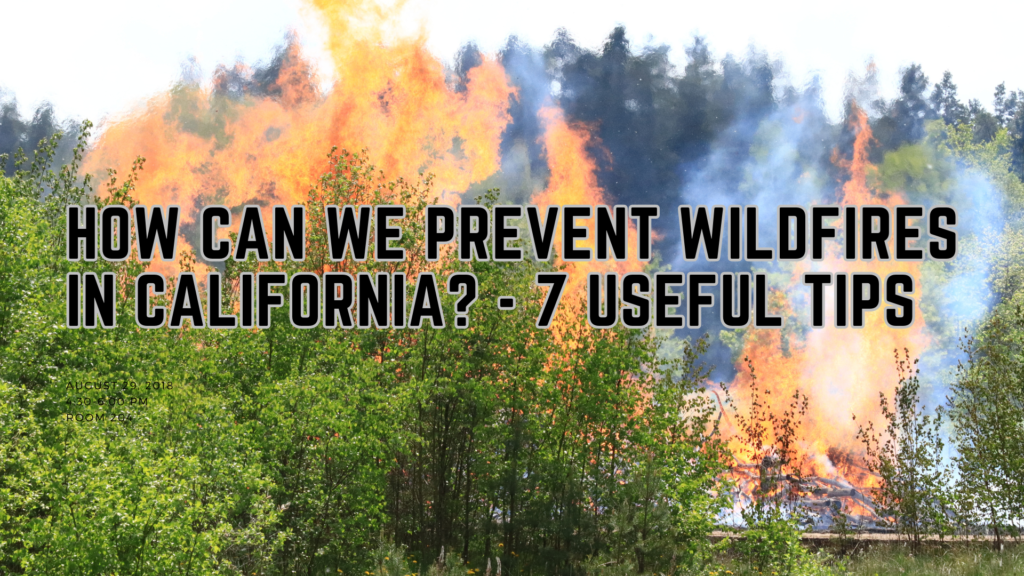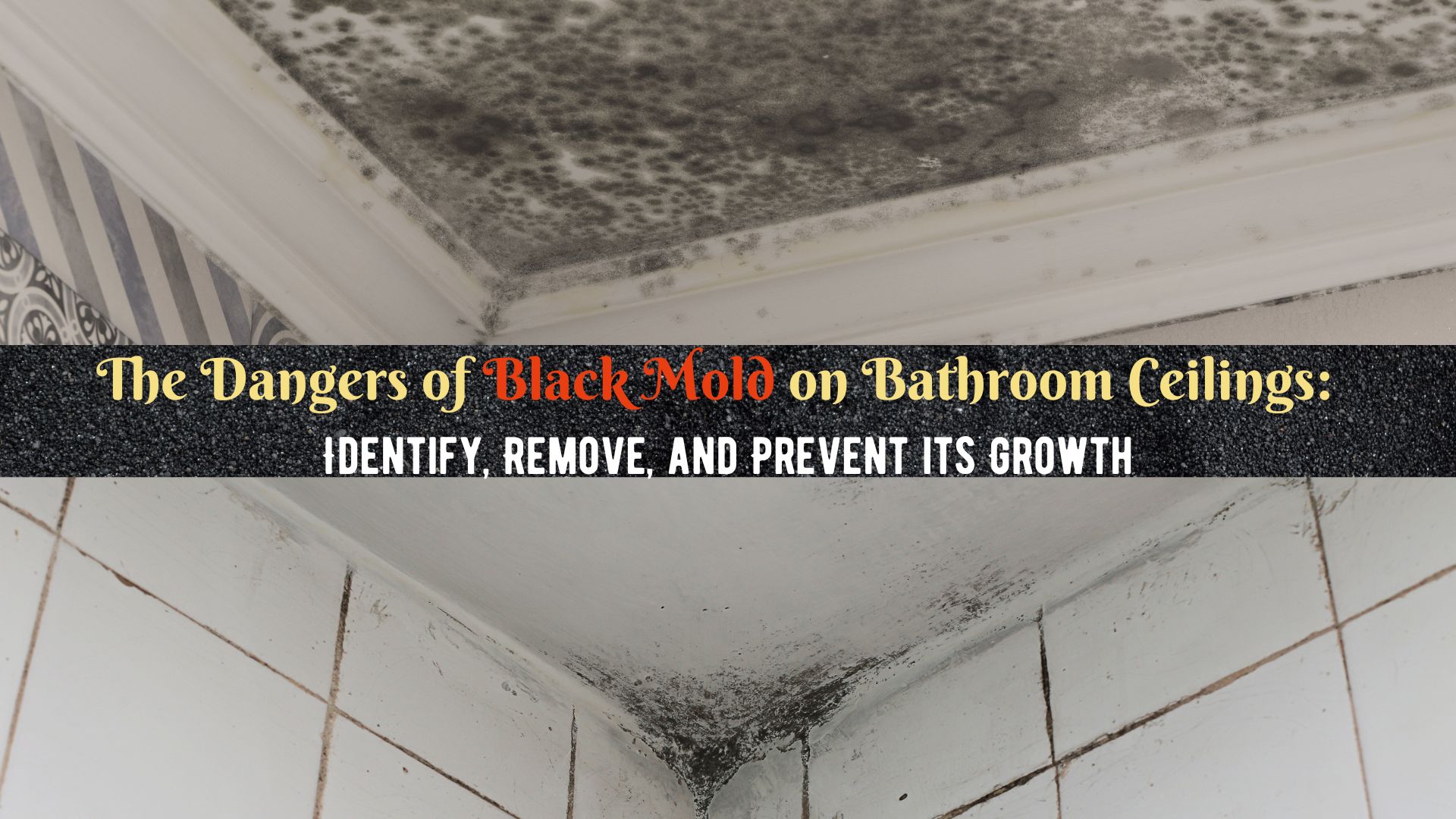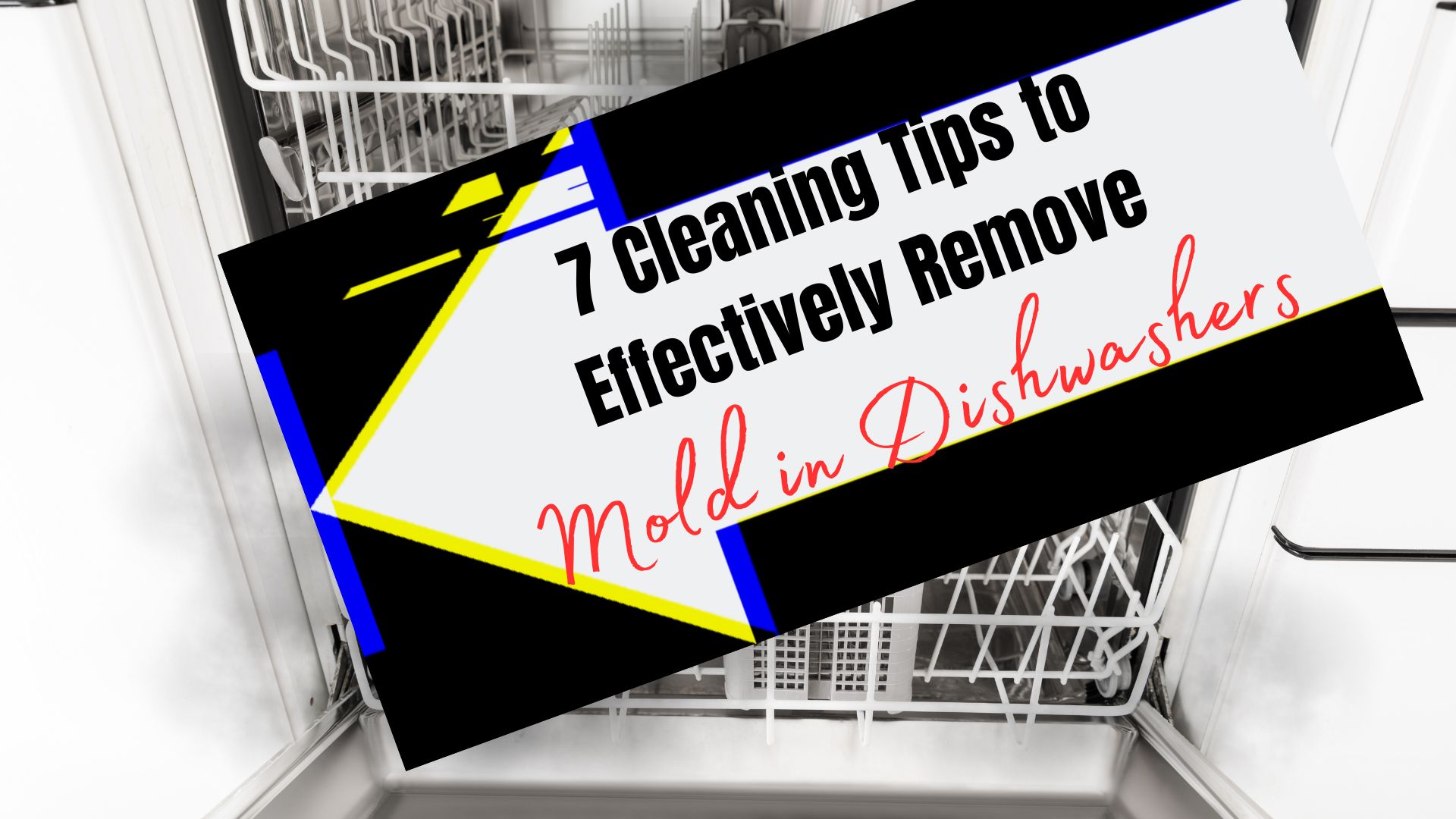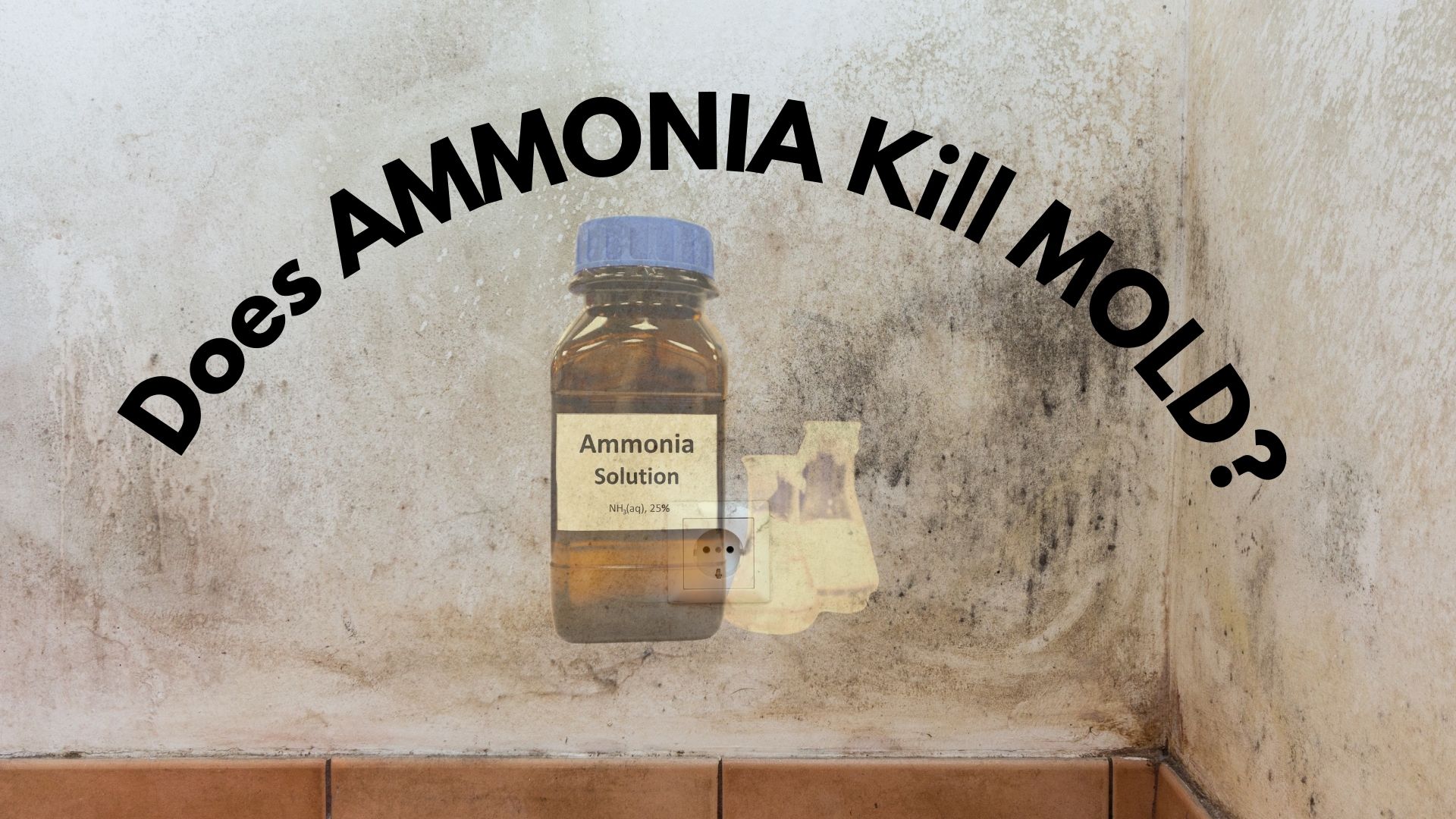How to Prevent Wildfires in California
“How can we prevent wildfires in California?” is the question that arises as humans cause almost 9 out of 10 wildfires nationwide. These preventable wildfires threaten lives, property, and valuable natural resources. Whether someone is a first-time visitor or a public land pro, they have a significant responsibility to play in preventing wildfires and safeguarding natural resources.
Every year, the U.S. acknowledges May as National Wildfire Awareness Month and encourages individuals, organizations, and communities to assess their wildfire risks actively and take measures to prevent and alleviate the impact of fires.
Encourage others to join the U.S. Department of Interior’s campaign, #TeamPublicLands, which promotes responsible recreation and helps prevent wildfires. Share these tips to aid in the effort.
How Can We Prevent Wildfires in California?
Consider the following ways how to prevent wildfires in California:
1. Be mindful of the weather and drought conditions.
In order to prevent wildfires, actively monitor weather and drought conditions, as they can increase the flammability of vegetation. If it’s hot, dry, and windy, avoid any activities involving fire or sparks and instead opt for non-flammable alternatives. Always keep in mind the conditions and local regulations when engaging in any fire-related activity, such as operating equipment, building a campfire, off-roading on dry grass, or burning debris.
2. Choose an open, non-flammable location when building a campfire.
If not constructed and extinguished correctly, a campfire can cause wildfires, even though many individuals enjoy the warmth and light it provides while camping.
To build a safe campfire, follow these steps:
- Choose an open, non-flammable location for your campfire.
- Clear the area around the campfire site of any dry leaves, twigs, or other debris that could catch fire.
- Use a fire ring or a fire pit if one is available; if not, create a circle of rocks to contain the fire.
- Keep a bucket of water or a shovel nearby in case the fire starts to spread.
- Only use small sticks and twigs as kindling, and add larger logs gradually as the fire grows.
- Never leave the campfire unattended, and keep an eye on it at all times.
- Extinguish the fire completely before leaving by pouring water on it and stirring the ashes until they are cool.
- Dispose of the ashes in a designated area, away from flammable materials.
3. Avoid driving on dry grass, and maintain your equipment and vehicle on a regular basis.
If you engage in off-roading activities, keep in mind that your vehicle’s exhaust can reach temperatures exceeding 1,000 degrees. To prevent starting a wildfire, refrain from driving or parking your vehicle over dry grass.
Vehicles and equipment may emit sparks from their exhaust, particularly if not regularly maintained. Therefore, ensure that your car, truck, or OHV (off-highway vehicle) has undergone all necessary mechanical checkups and is appropriate for off-road excursions.
4. Adhere to vehicle safety practices, and inspect your trailer’s tires, bearings, and axles.
Bring a shovel, bucket, and a fire extinguisher in your vehicle to extinguish fires. Additionally, ensure that off-highway vehicles have a spark arrester. Carrying a bucket or any other suitable container to transport water is also recommended.
If you tow a trailer, conduct a maintenance check to ensure that the tires are not worn, the bearings and axles are lubricated, and the safety chains are in place and not dragging on the ground.
5. Prevent sparks from coming into contact with dry vegetation.
Never operate equipment that produces sparks near dry vegetation. Clear the area around your workspace, especially if it is windy and dry. Make sure to create clearings by removing all flammables, with a radius or width of 10 to 25 feet depending on the conditions.
6. Before using fireworks or considering safe alternatives, ensure that you review the conditions and regulations.
Fireworks cause over 19,000 fires, resulting in over 9,000 ER visits annually nationwide. Before using fireworks, check the regulations at the federal, state, and city levels. Different laws and restrictions may apply at the state, county, and city levels, and some research can help you avoid improper use penalties or the cost of fighting wildfires. Instead of fireworks, you may also consider safe alternatives such as glow sticks or silly string.
7. Burning debris should be done cautiously and never in windy or restricted conditions.
People sometimes burn garbage, leaves, agricultural waste, or other materials on their private property.
If you plan to burn debris, keep water nearby, such as a garden hose, and refrain from burning anything during windy conditions. After burning, you should stir the ashes and douse them with water.
Debris piles that are not entirely extinguished can cause wildfires even days or weeks after burning. Contact your local fire authority for additional information and tips on debris burning since there may be restrictions on burning in your area.
For Fire Damage Restoration, Hire Superior Restoration of Corona
Superior Restoration knows the answer to the question, “How can we prevent wildfires in California?”
Superior Restoration of Corona is a reputable company that provides fire damage restoration services to clients in need. They have a team of trained and experienced professionals with the ability and mechanisms necessary to restore your property after a fire.
One of the advantages of working with the Superior Restoration team is their commitment to customer satisfaction. They understand that dealing with fire damage can be a stressful and overwhelming experience, so they strive to make the restoration process as smooth and hassle-free as possible. They work closely with their clients to ensure their needs are met and the restoration process is completed efficiently and effectively.
Our crew is ready to assist you, especially in emergencies, 24/7. Contact us today and learn more about our excellent restoration services.





